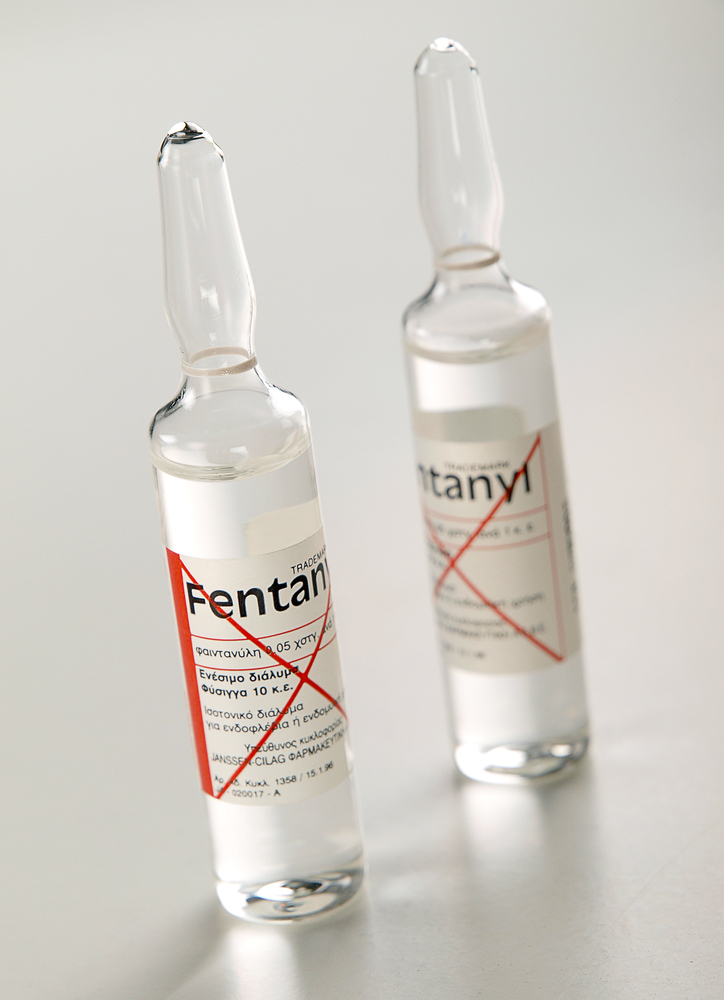
Federal penalties for distributing fentanyl would be stepped up to curb the nationwide opioid epidemic under a forthcoming bill that was previewed on Friday by U.S. Sens. Tom Cotton (R-AK) and Lindsey Graham (R-SC).
Under the bill, lower amounts of fentanyl would be required to trigger mandatory maximum sentencing guidelines in distribution cases. The U.S. Postal Service (USPS) would also be given additional resources to identify shipments of synthetic opioids like fentanyl that arrive from foreign countries.
“Fentanyl has had a devastating impact on our country. More than 20,000 Americans were killed by fentanyl last year, and overall drug deaths have nearly doubled in the past decade,” Cotton said. “It’s past time the punishment matched the crime when it comes to opioid distribution and trafficking.”
Graham said he would be working to establish even harsher penalties for fentanyl distribution, including the possibility of death.
“Increasing these mandatory minimums is well-justified,” Graham said.
U.S. Sen. Rob Portman (R-OH), chairman of the U.S. Senate Permanent Subcommittee on Investigations, said that a yearlong investigation had revealed that online opioid sales were “easy.” In January, Portman released a report that found widespread vulnerabilities in the international mail system could be exploited to ship synthetic drugs. In 2017, 318 million international packages entering the United States did not include advanced electronic data used by law enforcers to identify illegal substances by fentanyl.
In an effort to enhance enforcement, Portman announced on Friday that the U.S. Immigration and Customs Enforcement (ICE) Homeland Security Investigations had concluded a weeklong training of 300 law enforcement officials in Ohio. The training will help them better investigate and pursue online drug trafficking networks.
“This opioid crisis, and specifically fentanyl, which is being shipped into our country from China through our own Postal Service, is crippling our state,” Portman said. “I want to thank HSI for shifting its investigative focus to Ohio and stepping up its efforts to conduct drug trafficking-related probes. The coordination and collaboration between law enforcement we are seeing this week is encouraging — and it is necessary.”

